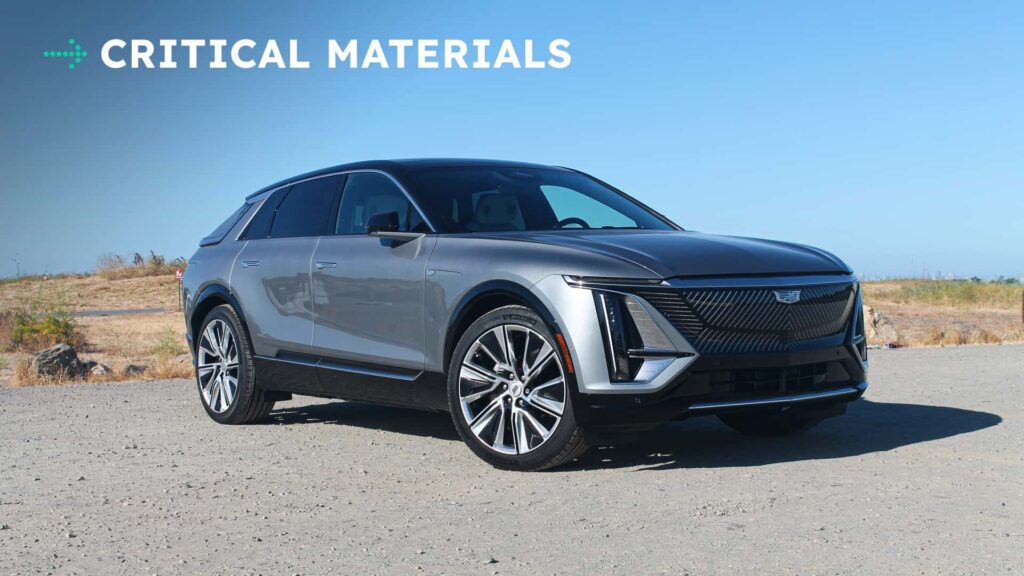The current narrative in the auto industry seems to suggest that there is a decline in demand for electric vehicles (EVs). However, recent developments show that some key players in the EV market are actually experiencing significant success. In this article, we will explore some of the latest wins among EV makers and how they are navigating the challenges in the industry.
Cadillac, for instance, has been making significant strides in attracting new buyers to its EV lineup. According to a report by CNBC, a large majority of Cadillac EV buyers are new to the brand, with a significant percentage coming from Tesla owners. The appeal of Cadillac’s EVs, such as the Lyriq, Celestiq, and Optiq, lies in the brand’s diverse offerings in the EV segment. While other brands struggle to introduce multiple EV models, Cadillac has managed to provide buyers with a range of options to choose from.
On the other hand, Honda is taking a more cautious approach in response to the uncertain trade environment. With tariffs and trade agreements hanging in the balance, Honda’s CEO Toshirio Mibe believes that it is prudent to wait and see how the situation unfolds before making any significant investments. This strategic move reflects Honda’s commitment to making informed decisions that align with the brand’s long-term goals.
In the realm of manufacturing, there is a growing interest among automakers in transitioning towards human-less factories. The concept of “lights-out manufacturing,” where factories operate with minimal human intervention, presents both opportunities and challenges for the industry. While the idea of fully automated factories may still be a distant reality, advancements in technology are paving the way for a more efficient and streamlined manufacturing process.
As automakers navigate these changes, the question arises: what comes next? If manufacturers achieve their goals of dark factories and reduced tariffs, where should they focus their efforts? Should they invest in larger SUVs, advanced AI-driven software, or redistribute resources to support displaced workers? The future of the auto industry is evolving rapidly, and it will be interesting to see how manufacturers adapt to meet the demands of the market.
In conclusion, the EV market is experiencing both challenges and opportunities, and it is essential for automakers to stay agile and innovative in response to changing dynamics. By leveraging technological advancements and strategic decision-making, EV makers can position themselves for long-term success in a rapidly evolving industry landscape.

